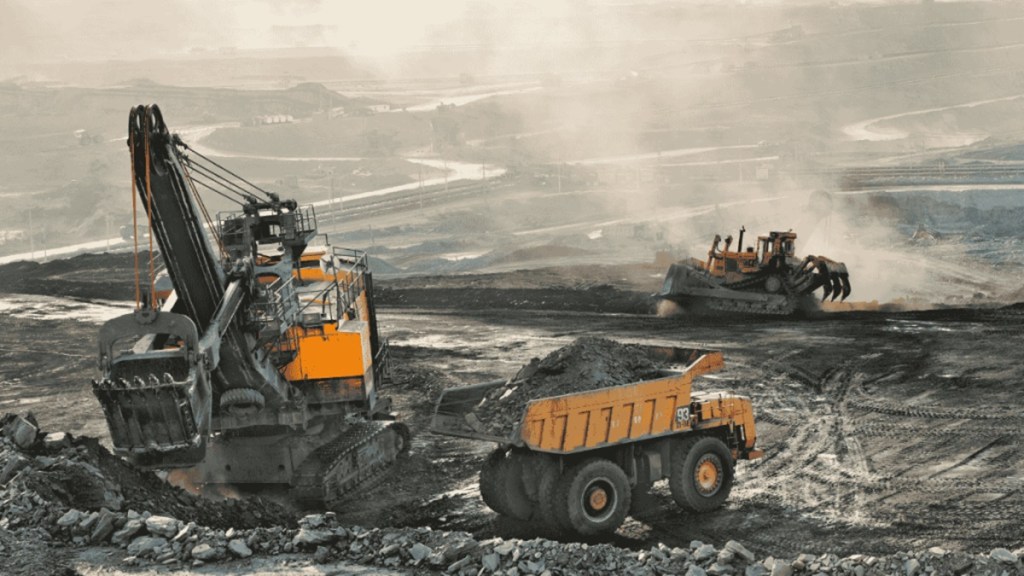In a significant development that could ease pressure on global industrial supply chains, both India and China on Thursday indicated readiness to engage in dialogue aimed at normalising the disrupted trade in rare earth magnets, which is a vital component in sectors ranging from automobiles to semiconductors.
The breakthrough comes after months of strained supply following China’s imposition of export controls on key rare earth elements (REE), which has impacted manufacturing sectors worldwide.
Chinese foreign ministry spokesperson Lin Jian said during a media briefing in Beijing that China is open to enhancing dialogue and cooperation with relevant countries to ensure stability in global industrial and supply chains, PTI reported.
“We are willing to enhance dialogue and cooperation with relevant countries and regions to jointly keep the stability of global industrial and supply chains,” Lin said, responding to a question on whether Beijing was prepared to lift export restrictions on REEs to India, after it began clearing export licences for the US and the European Union.
While Lin clarified that for operational details the relevant Chinese authorities should be approached, the statement marks the first time Beijing has acknowledged the possibility of engaging New Delhi on the issue since the curbs were introduced in April.
Meanwhile, in India, the ministry of external affairs said that it has been actively engaging Chinese counterparts to restore predictability in trade. “We are in touch with the Chinese side in New Delhi as well as in Beijing to bring predictability in the supply chain for trade consistent with international practices,” MEA spokesperson Randhir Jaiswal said at the weekly press briefing.
The development comes at a time when the Indian auto and auto component manufacturers are preparing to send a high-level delegation to China to push for the resumption of rare earth magnet supplies. Industry insiders say the talks are likely to focus on streamlining licensing requirements and ensuring timely shipments to avoid production disruptions.
The Chinese ministry of commerce and the general administration of customs had announced new export control measures in early April, requiring suppliers of seven key rare earth minerals and magnets to obtain licences. The move came as part of a broader response to the escalating tariff war initiated by US President Donald Trump, with China facing particularly harsh restrictions. The licensing system ensures that these dual-use materials are not diverted to strategic sectors without oversight.
The curbs disrupted supply lines for two months, stalling sections of the US auto industry and raising red flags across other nations, including India.
According to the International Energy Agency, China accounts for over 60% of rare earth mining and more than 90% of processing globally, giving it an outsized influence on the supply chain.
The Indian auto industry is particularly vulnerable to the shortage, especially for high-end electric, hybrid, and internal combustion engine vehicles that rely on REE-based components.
While China has already resumed selective REE exports to the US following a deal brokered after two days of talks in London, India had until now not received a clear response. Thursday’s statements from both sides, however, raise hopes for a resolution.
